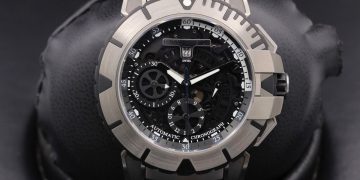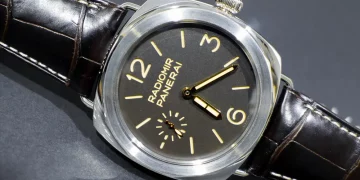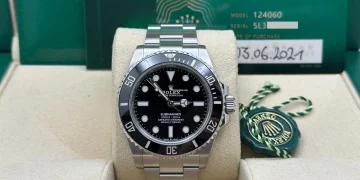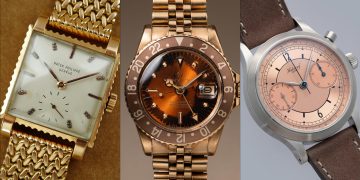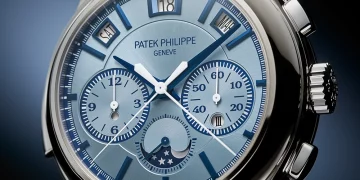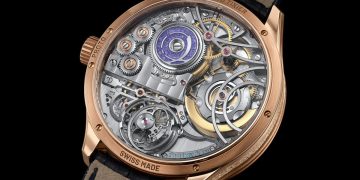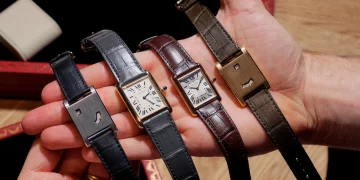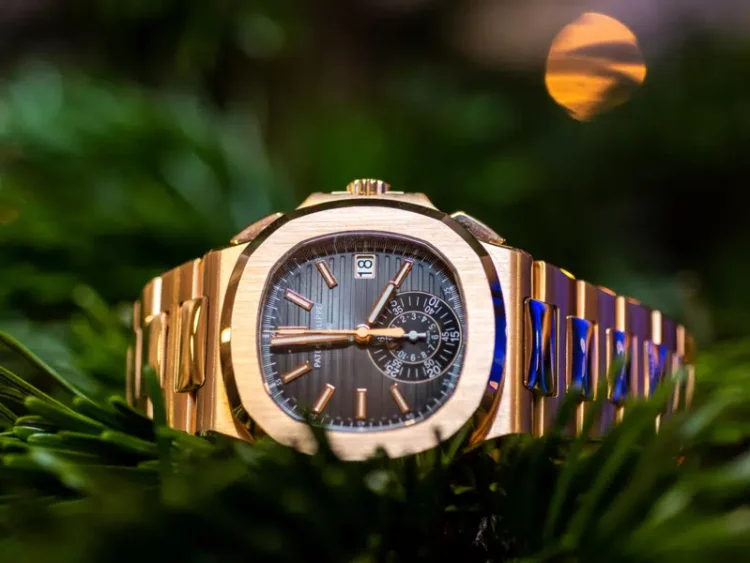Watches have always been more than just timekeeping devices. Throughout history, they have evolved into powerful symbols of identity, success, and social status. Whether it’s a classic mechanical watch, a modern smart watch, or a luxury timepiece, the watch on your wrist can say a lot about who you are, where you come from, and what you value. But how exactly did watches come to embody such significance across various cultures? And why do they continue to carry such weight today?
In this article, we will explore how watches, particularly luxury and high-end timepieces, have become potent cultural symbols. From representing wealth to symbolizing achievement, watches have become deeply ingrained in global societies. We’ll also delve into how these timepieces act as symbols of personal identity, social status, and even cultural heritage, and examine their importance in modern society.
1. Watches as a Symbol of Wealth and Success
Historically, the watch has been linked to both wealth and success. The development of high-end mechanical watches in the 19th and 20th centuries, with their complicated movements and meticulous craftsmanship, established watches as luxury items that only the elite could afford. But as the industry evolved, watches began to represent more than just monetary wealth—they became symbols of achievement, prestige, and personal style.
The Rise of Luxury Watch Brands
The emergence of iconic brands like Rolex, Patek Philippe, Audemars Piguet, and Omega turned watches into high-status items. These watches were crafted using rare materials and designed with exquisite detail, making them both status symbols and works of art. Owning a luxury watch became a way to signal one’s social standing.
- Rolex: Rolex is perhaps the most universally recognized luxury watch brand, known for its association with success and achievement. The brand’s iconic designs, like the Submariner or the Daytona, are often linked with those who have reached the pinnacle of their careers or aspire to do so. In many cultures, simply wearing a Rolex conveys a message of success, hard work, and elevated status.
- Patek Philippe: Known for its exceptional craftsmanship, Patek Philippe watches have long been considered heirlooms, passed down through generations. The brand represents legacy and refinement, and owning a Patek Philippe is often seen as an indicator of financial and social sophistication.
Timepieces as a Wealth Indicator Across Cultures
- Western Culture: In Western societies, particularly in Europe and the United States, watches have long been symbols of professional achievement. The brand you wear can signify your role in the business world or in the upper echelons of society. A high-end watch like a Rolex Day-Date or Omega Speedmaster is often seen as a mark of distinction.
- Asian Culture: In countries like China, Japan, and Hong Kong, luxury watches are highly regarded and are often linked with success in business. Particularly in China, where there is a strong emphasis on material wealth as a status marker, owning a Swiss-made luxury watch is a powerful symbol of financial success and social stature.
2. Watches as Status Symbols in Social Settings
A luxury watch doesn’t just represent success—it also plays an important role in social signaling. Watches have been used as a way to communicate one’s status within social groups, corporate environments, or elite circles.
Business and Corporate Culture
In the business world, a watch is often a subtle indicator of one’s position within a corporate hierarchy. High-ranking executives and entrepreneurs are frequently seen sporting premium timepieces—not only to mark their financial achievements but also to project an image of confidence, authority, and leadership.
- Power and Authority: The act of wearing an exclusive, often expensive watch, such as a Patek Philippe Calatrava or an Audemars Piguet Royal Oak, is not only about timekeeping—it’s about symbolizing control and command in the business world. These timepieces send a message that the wearer is an established figure with the means to make decisions and shape markets.
- Professionalism and Respect: In the realm of executive leadership, watches are sometimes used as a visual cue of respectability and professionalism. For instance, in many financial sectors in the West, wearing a well-known luxury brand can be a way to indicate that you are reliable, trustworthy, and serious about your role.
Watches as Social Icebreakers
In exclusive circles—whether in business meetings, high-society events, or gatherings of the wealthy—a watch can become a conversation starter. Many people within these circles choose their timepieces to showcase their taste or to make a statement. Luxury watches are often used to create a sense of belonging and to indicate one’s place within a particular social class.
- The Status Game: Watches in such settings often act as a silent form of competition. The kind of watch worn can signal whether someone belongs to a particular elite group or whether they are aspiring to enter that group. This dynamic makes watches a highly significant part of status-symbol culture in exclusive social settings.
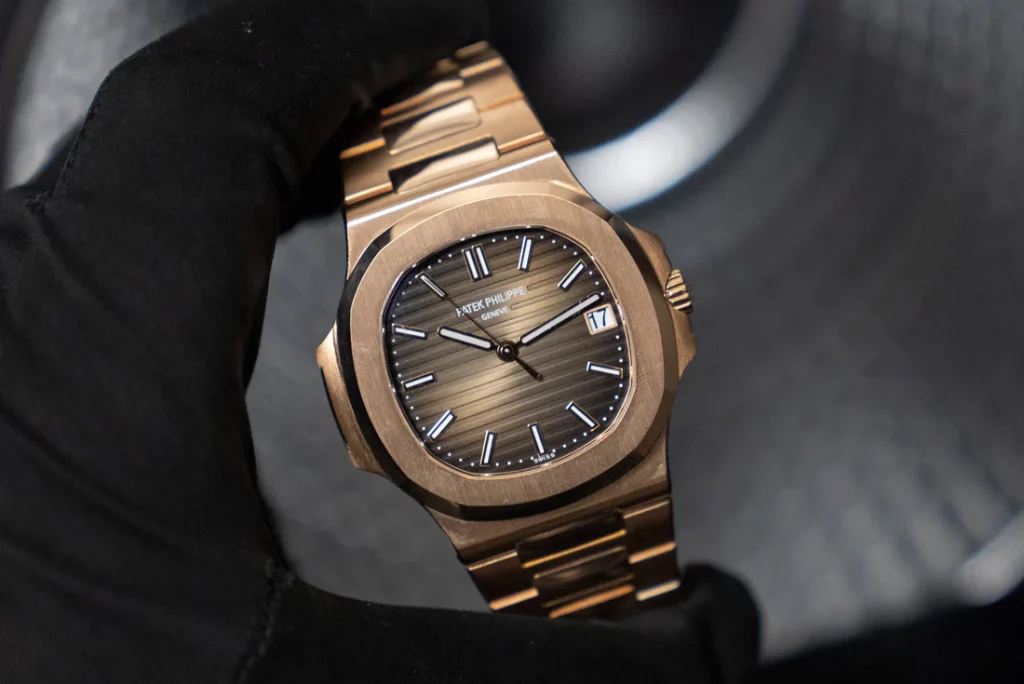
3. Watches as Personal Identity and Cultural Expression
A watch doesn’t just reflect your social standing—it can also be a powerful reflection of your personal identity. Whether you choose a watch for its design, history, or brand association, your watch can communicate a lot about your cultural background, interests, and personal values.
Cultural Symbolism in Watch Design
Watches, particularly luxury models, are often associated with specific cultural values. For example:
- Swiss Watches: Swiss-made watches like those from Rolex or Jaeger-LeCoultre are often seen as symbols of quality, precision, and craftsmanship. In many cultures, wearing a Swiss watch communicates a sense of refinement and attention to detail.
- Japanese Watches: Brands like Grand Seiko or Seiko are respected for their craftsmanship and aesthetic design, often reflecting the Japanese values of simplicity, minimalism, and subtle elegance. Wearing a Japanese watch can indicate a preference for understated quality and precision rather than flashy status.
Watches as a Reflection of Individualism
While watches have long been used to signal wealth or prestige, they can also serve as a personal statement. In recent years, there has been a rise in customized and limited-edition watches, which allow individuals to express their own unique identity.
- Customization: High-end brands like Breguet and Vacheron Constantin offer bespoke options, where clients can choose materials, engraving, and other features. For individuals with a deep appreciation for individuality, owning a one-of-a-kind watch can reflect their personal taste and the importance they place on self-expression.
- Limited Editions: Collectors of limited-edition watches often use these rare pieces to showcase their discerning taste and to align themselves with exclusive communities. A limited edition Rolex Daytona or a Patek Philippe Grand Complication is more than just a status symbol—it’s an expression of a personal connection to luxury craftsmanship and collector culture.
4. Watches as Heirlooms and Symbols of Heritage
A watch can transcend its function as a timepiece and become a family heirloom, passed down through generations. In many cultures, a luxury watch is considered an emblem of family pride and a symbol of legacy.
Watches as Heirlooms in Western Culture
In the West, luxury watches have long been passed down from father to son, symbolizing the continuity and values of the family. Patek Philippe, known for its legacy and craftsmanship, even promotes its watches as “generations of time”—emphasizing the idea that a Patek Philippe watch will last for generations, becoming a precious heirloom.
- Symbol of Legacy: Watches given as gifts—particularly watches with personal engraving—are often seen as symbols of family continuity, tradition, and heritage. They are handed down as tokens of achievement, memory, and affection, representing both the value of time and the relationships that define one’s family history.
Heirloom Timepieces in Other Cultures
In Asian cultures, particularly in China and India, family heirlooms hold a similarly revered place. A luxury watch in these cultures can represent the continuity of wealth, status, and family legacy, passed from one generation to the next. For example, a vintage Patek Philippe might be passed down as a mark of family prosperity or legacy.
5. Conclusion: The Global Significance of Watches in Modern Culture
Watches have evolved far beyond their practical purpose of telling time. They are now powerful cultural symbols, representing everything from wealth and status to personal identity and family heritage. In different parts of the world, watches reflect not only one’s financial success but also personal values, cultural preferences, and social connections.
Whether it’s through the legacy of Swiss craftsmanship, the modern elegance of Japanese design, or the cultural importance of family heirlooms, watches continue to serve as meaningful symbols of identity and status. As time goes on, the prestige and cultural significance of watches are likely to evolve, but their role as potent markers of social standing and personal achievement will undoubtedly remain strong for generations to come.



